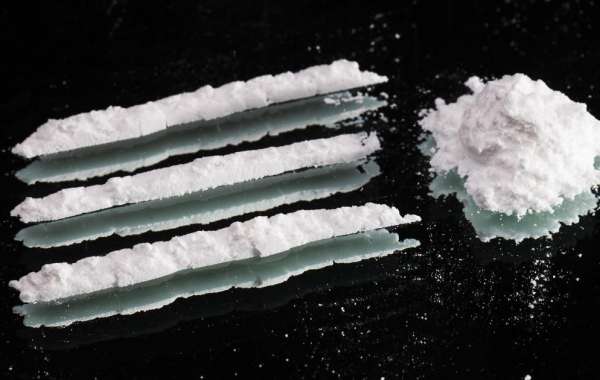Whether you are thinking of going on a Cocaine detox program or you are already in the middle of it, there are a few things you need to know. The first thing you need to understand is that there are both Inpatient and Outpatient treatment options. There are also different types of withdrawal syndromes to be aware of, including Post-acute withdrawal syndrome and depression.
Outpatient detox
Choosing between an outpatient cocaine detox and an inpatient treatment program will depend on many factors. The type of addiction that you have and the severity of your situation will determine which is the best approach for you.
Inpatient programs offer round-the-clock care and can help you avoid relapse. It also provides a safe, supportive environment where you can begin your recovery.
Medications such as buprenorphine and methadone may be used to help ease your symptoms. Cognitive-behavioral therapy can also be helpful. This type of therapy involves learning how to manage cravings and change behaviors.
Medically supervised detox programs can minimize the symptoms of withdrawal, making the process easier to handle. This type of treatment also helps prevent complications that can arise from withdrawal.
Inpatient treatment
Whether you are trying to stop using cocaine or are currently suffering from addiction, an inpatient treatment program is the most effective way to get clean. Not only can you get help from the medical professionals working in the program, but you can also gain support from your peers.
When you are in a treatment facility, you will receive 24-hour care from qualified staff. They will monitor your vital signs and make sure you are not experiencing complications from withdrawal.
You will learn about addiction, how to avoid triggers, and how to live a sober lifestyle. You will also receive counseling and therapy.
The length of an inpatient treatment program depends on your needs. The average length is 30 days, but many programs offer 60 days or more.
Depression and suicidal ideations
Trying to stop using cocaine isn't easy. Aside from the physical discomfort of withdrawal, your mental health may also suffer. This is why it is important to seek help from a qualified professional.
A clinically supervised detox program will ensure that your journey to recovery is as safe as possible. The staff will monitor you for lingering withdrawal symptoms and help you put together a relapse prevention plan to get you back on track.
In addition to promoting symptom relief, a clinically supervised detox program will provide you with the tools you need to overcome your addiction. These include medical supervision during withdrawal, educational materials, and counseling. During your stay, you will also have the opportunity to meet with a psychiatrist and learn more about your options.
Post-acute withdrawal syndrome
During cocaine detox, the process of post-acute withdrawal syndrome can be challenging. This is a natural part of the recovery process and should be treated with patience and care.
During this period, a recovering person may experience symptoms such as insomnia, anxiety, and mood swings. These symptoms are the body's way of correcting the chemical imbalances caused by active addiction. These changes affect the brain, affecting thoughts, emotions, and behaviors.
While these symptoms are common during the first few months of recovery, they can be debilitating. This is because the brain needs time to adjust to life without extreme drugs. It is important to avoid anxiety-provoking situations to help manage these symptoms. Using physical activity can also help reduce stress, which will decrease symptoms.
Long-term recovery
Choosing a long-term treatment program for cocaine addiction is an important step for anyone who wants to overcome their addiction. It provides an environment where patients can learn coping skills and practice them in real-life situations.
A long-term recovery program for cocaine addiction can include inpatient or outpatient therapy. Intensive outpatient rehab is a less-invasive option that helps individuals improve their mental health. They attend therapy sessions for five to six hours a day, and are taught life skills to help them lead a sober lifestyle.
Medications can be used to treat anxiety and depression. Antidepressants such as serotonin-stimulating drugs can ease symptoms and boost mood. Research is underway on drugs that can reduce cravings for cocaine.
The most difficult symptoms to deal with are anxiety and depression. During withdrawal, these can cause severe mood swings. It's also common to experience suicidal thoughts.








